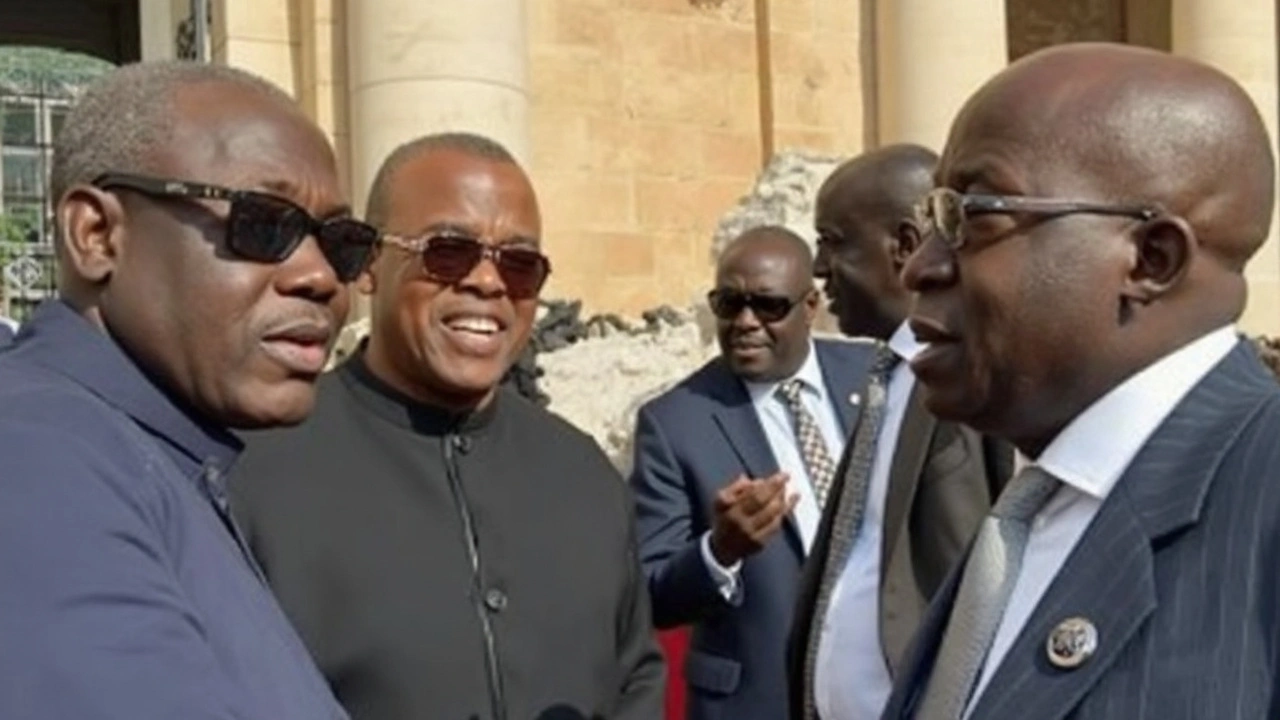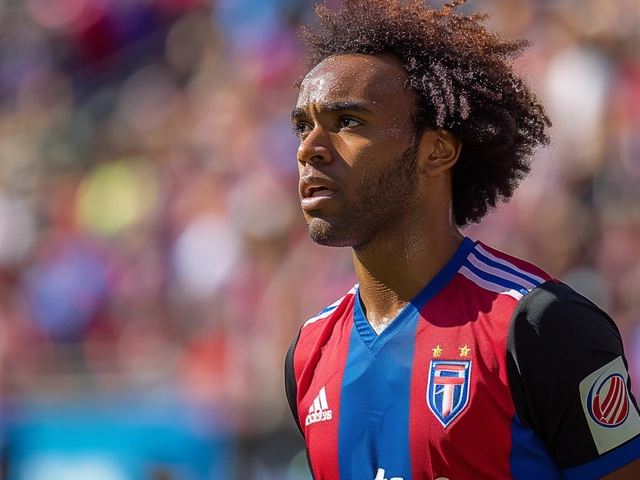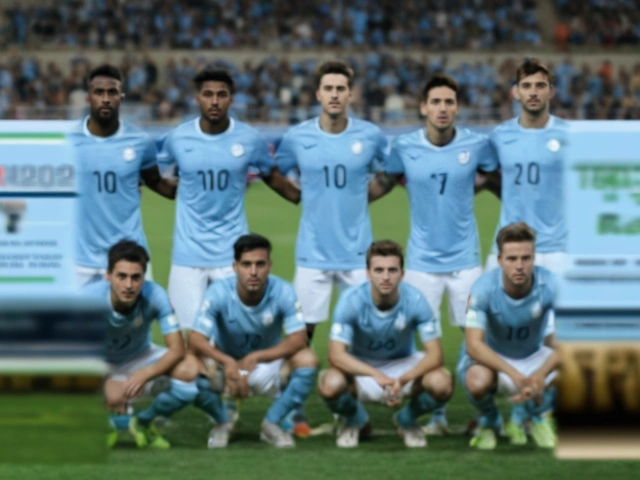Political Diplomacy Unfolds Under Vatican Spotlight
As the world’s attention was fixed on the grandeur of the papal inauguration in Rome, Peter Obi’s trip had nothing to do with religious celebrations. According to those close to the situation, Obi, the former Governor of Anambra State and well-known opposition figure, jetted off to Italy with a pressing mission: to seek President Bola Tinubu’s intervention in Fidelity Bank’s spiraling N225 billion debt mess.
This wasn’t your typical VIP guest affair. Despite rumors of a Vatican invitation, Obi’s name was nowhere on the official list. Insiders say the entire trip was a last-minute pivot, driven by the urgency of Fidelity’s financial woes. The bank, quietly teetering on the brink of bankruptcy, is said to be desperate for federal help. Without it, the repercussions could shake not only Nigeria’s banking sector but also investor confidence far beyond Lagos’s glitzy boardrooms.
Stage-Managed Talks, Power Brokers, and Political Undercurrents
Obi’s strategy unfolded like a chess game across Nigeria’s political map. Before Rome, he reportedly held a string of meetings in Nigeria with heavyweights like Lagos Governor Babajide Sanwo-Olu, the Ooni of Ife, and ex-Governors Ayodele Fayose and Kayode Fayemi. This diplomatic groundwork wasn’t just for optics—he needed influential intermediaries to crack open the door to Tinubu.
Kayode Fayemi, who has strong links to both Obi and the presidency, stepped up as the key go-between. It was Fayemi who finally arranged the face-to-face, but under conditions set by the Presidency: no backroom chats. Everything had to happen in public, a stance apparently pushed to avoid the optics of secret deals or a narrative spin. So, in the midst of Vatican rituals and global dignitaries, Obi approached Tinubu with the Fidelity Bank crisis top of mind.
Confirmation of the encounter quickly surfaced. Presidential aide Bayo Onanuga came out to say Fayemi did indeed facilitate the meeting, quelling rumors but stirring even more speculation about what really transpired during their brief exchange.
Obi’s own team claimed the debt crisis talk is nothing but political mudslinging, branding reports of the bank’s troubles as orchestrated propaganda. But whispers in financial circles grow louder: Fidelity’s ability to pay back N225 billion is in serious question. The intervention now looks less like political theater and more like urgent damage control to stave off a major economic headache.
This saga is a sharp reminder of just how entwined Nigeria’s political and financial worlds have become. When banking corridors and power corridors intersect—sometimes on the marble floors of the Vatican—Nigeria’s high-stakes diplomacy is anything but predictable.






So let me get this straight - Obi flew to Rome to beg Tinubu for a bank bailout while the Pope was getting blessed? This isn't politics, it's a Nigerian soap opera with a side of financial collapse. 😂
Nigeria's banking system is a house of cards built on political favors. If you think this is bad, wait till the CBN starts auditing the 'special accounts'. We've been here before - and we'll be here again.
This is all a distraction. The real story? The Vatican was paid off to keep Obi’s name off the guest list. The whole trip was staged by the IMF to destabilize the Naira. They knew Tinubu would be too distracted by the Pope to notice the money trail.
The convergence of ecclesiastical grandeur and fiscal crisis here is a semiotic masterpiece. Obi’s diplomatic maneuvering - leveraging transnational sacred space to negotiate a sovereign financial lifeline - represents a new paradigm in postcolonial statecraft. The Vatican, as a neutral, non-state actor with immense moral capital, inadvertently became the stage for a transactional recalibration of Nigeria’s financial sovereignty. This isn’t lobbying; it’s institutional bricolage under global gaze.
Honestly? I’m more shocked that anyone still believes Fidelity Bank is solvent. Last I checked, their ‘assets’ were mostly PowerPoint slides and promises from governors. This whole thing smells like a delayed bailout wrapped in a PR stunt.
I just watched the footage of Obi walking past the Vatican guards. He looked... tired. Not the tired of jet lag. The tired of carrying a country’s broken economy on his back. No one talks about that.
i think obi was just trying to save jobs? like... people work there. its not just money its lives. i hope they fix it. 🤞
Pope Francis blesses the world... and Peter Obi asks for N225 billion. The real miracle? That anyone still thinks Nigeria’s financial system is real.
This narrative is a Western media fabrication. Obi has no authority to request federal intervention. Tinubu’s administration has been transparent about fiscal discipline. The entire story is an attempt to undermine Nigeria’s sovereignty through manufactured scandal.
It’s wild how we turn every political moment into a Shakespearean tragedy. Obi’s not a hero. Tinubu’s not a villain. They’re just two guys trying to keep a sinking ship from dragging everyone else under. And the Vatican? Just the most expensive conference room ever.
I’m curious about the legal framework here. Under Nigerian banking law, can a sitting president legally authorize a direct bailout to a commercial bank without parliamentary oversight? If this occurred, it may constitute a breach of Section 162(2) of the 1999 Constitution - particularly if funds were diverted without appropriation. This deserves forensic audit, not gossip.
I just can't believe people are still shocked by this... 😭 Nigeria's entire system is just one big game of telephone where the last person gets the bill. Why are we surprised when the bank cracks?
I’m crying. I literally cried. This is so sad. 😭 Someone help Fidelity’s employees! They’re just trying to feed their kids!
This is classic Nigerian irony: a man who campaigned on transparency now begs for a bailout in Rome. But let’s be real - if this bank collapses, 70% of the people who lost their savings are from the same communities that voted for Obi. He’s not just saving a bank - he’s saving his own legacy. The Vatican? Just the backdrop.
obviously tinubu said no!! 😤 why should he help obi?? he's his enemy!! and now the bank is gonna collapse and everyone will suffer!! 😡
This is just politics as usual.
Wait... if Obi didn’t attend the papal ceremony, then how did he even get access to Tinubu? Was it during the procession? The coffee break? The restroom? There’s no official record of any bilateral meeting - and that’s suspicious. The silence from the Presidency is louder than any statement.
This is a moral failure. Nigeria’s elite are not just corrupt - they’re spiritually bankrupt. They use sacred spaces as backdoors for graft. Obi should be ashamed. Tinubu should be impeached. And the Vatican? They should’ve denied him entry. This isn’t diplomacy - it’s sacrilege.
I get why people are angry, but let’s not forget - Fidelity employs over 12,000 people. If it collapses, we’re not just talking about investors. We’re talking about teachers, nurses, single moms who depend on that paycheck. The politics here is messy, but the human cost? That’s real. Maybe we need to stop seeing this as a power play and start seeing it as a social safety net that’s been ripped away.